Back Door Or Behind The Door – Brief Look at Chinese Word Order
Hmm… Is kitty waiting for me at the back door? Or the behind the door?
In Chinese, word order is very important. In this article I’ll attempt to deal a bit with some common words that can be confusing when the order is turned around. Specifically, we’ll be looking at location words, which I’ve introduced in this video here:
Let’s expand a little and look at how seemingly similar words are actually quite different.
Here’s the structure I introduced in the video:
noun + location word (front/ back/ left/ right, etc)
This translates to: front/ back/ left/ right of noun
So take for example the noun 门 (mén – door) and the location word 后 (hòu – back). 门后 would therefore mean the back of the door – behind the door.
Xiǎomāo zài mén hòu.
小猫在门后。
Kitty is behind the door.
Yīfu guà zài mén hòu ba.
衣服挂在门后吧。
Hang the clothes behind the door.
But what if we flipped it over and said 后门? It then becomes back door.1
Xiǎomāo cóng hòumén jìnlai le.
小猫从后门进来了。
Kitty came in through the back door.
Hòumén yìbān suǒzhe.
后门一般锁着。
The back door is usually locked.
Let’s look at 门 again, this time with 前 (qián – front). What would the following mean?
mén qián
门前
qiánmén
前门
Yup, you’re right! We have ‘in front of the door’ (门前)versus ‘front door’(前门).
Ménqián yǒu yì kē dàshù.
门前有一棵大树。
There’s a huge tree in front of the door.
Wǒ yǒu qiánmén de yàoshi.
我有前门的钥匙。
I have the key to the front door.
Let’s have a look at more examples with another location word – 上 (shàng – above).
I’ll give you some examples. See if you can guess the meanings before I tell you! Hint: in the examples below, 上 functions as a verb, instead of a location word, in the flipped-over counterparts.
1) 桌 zhuō – table
Combined with上:
桌上 vs 上桌
2) 车 chē – car, vehicle
Combined with 上:
车上 vs 上车
3) 楼 lóu – building, level (of building)
Combined with 上:
楼上 vs 上楼
4) 山 shān – mountain
Combined with 上:
山上 vs 上山
5) 台tái – stage
Combined with 上:
台上 vs 上台
Have you figured out what they each mean? Let’s have a look one by one!
1) 桌 zhuō – table
桌 means table, so 桌上 simply means on the table. For example,
Zhuōshang zhème duō cài, shéi zuò de?
桌上这么多菜,谁做的?
There are so many dishes on the table. Who made them?
When it is in front, 上 functions as a verb,2 and it has to do with getting up, moving upwards.3 So 上桌 means to serve a dish – get the dish up onto the table.
Cài dōu zuòhǎo le, kěyǐ shàng zhuō le.
菜都做好了,可以上桌了。
The dishes are ready and can be served.
2) 车 chē – car, vehicle
车 means car, so 车上 means in the car, on board.
Chēshang bùzhǔn chōuyān.
车上不准抽烟。
Smoking is not allowed in the car.
What about when 上 comes before 车 as a verb? It means to get on board.
Yào chūfā le, shàng chē ba.
要出发了,上车吧。
We’re departing soon, get in the car.
3) 楼 lóu – building, level (of building)
楼 means building or level of a building, so 楼上 means upstairs.
Lóushang zhùzhe ge lǎotàitai.
楼上住着个老太太。
An old lady lives upstairs.
When 上 comes in front of 楼, it means to go upstairs.
Lǎotàitai shàng lóu xiūxi le.
老太太上楼休息了。
The old lady has gone upstairs to rest.
4) 山 shān – mountain
Having come so far, this should be easy. 山上 means the top of a mountain, while 上山 means to climb a mountain. Probably the most difficult part is the pronunciation!
Shānshang fēngjǐng tèbié měi.
山上风景特别美。
The scenery on top of the mountain is exceptionally beautiful.
Hěn duō rén shàng shān kàn rìchū.
很多人上山看日出。
Many people climb up the mountain to watch the sunrise.
5) 台tái – stage
This is again quite straightforward. 台上 – on stage; 上台 – get on stage.
Táishang de yǎnyuán gègè yǎnjì jīngzhàn.
台上的演员各个演技精湛。
Every single one of the actors on stage has excellent acting skills.
Shàng tái biǎoyǎn dāngrán huì jǐnzhāng.
上台表演当然会紧张。
Getting on stage to perform is of course unnerving.
there’s more up on the stage! (offstage?)
Now that we’ve come to the last example 台, here’s something extra about the word, as well as some questions for you:
The antonym of 上 is 下 (xià – below/ to get down). We know that 上台 means to go on stage, so 下台 naturally means to get off the stage. But it also has other meanings.
a) to resign. This is usually used negatively, to refer to a politician losing power and stepping down.
Tā zhǐ dāng le yìnián zǒngtǒng jiù xià tái le.
他只当了一年总统就下台了。
He stepped down after only one year as president.
b) to get out of an embarrassing situation. (Imagine someone being unable to get off the stage gracefully.)
Jiùsuàn tā shuō de búduì, nǐ yě bié nàme duō duō bī rén, ràng tā méifǎ xià tái ya.
就算他说得不对,你也别那么咄咄逼人,让他没法下台呀。
Even if he said it wrong, you didn’t have to be so overbearing and cause him utter embarrassment (literally: make him unable to get off the stage).
And here’s the question: What do you think this expression means?
Táishang sān fēnzhōng, táixia shí nián gōng.
台上三分钟,台下十年功。
Think about it for a moment, then scroll down for the answer!
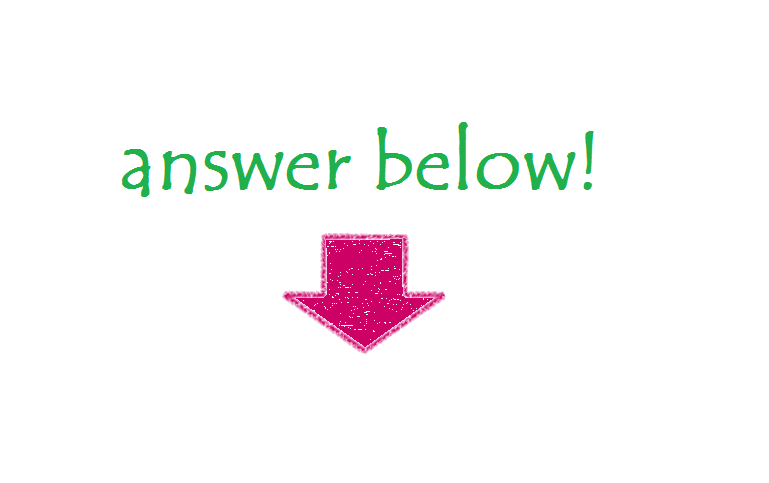
Perhaps to end this off, it would be apt to share with you this beautiful performance that demonstrates this adage perfectly!
1 Note that not all words with location words will have ‘flipped-over counterparts’. And when they do, they do not necessarily follow the same pattern.
2 This is not always the case.
3 It also has other meanings.

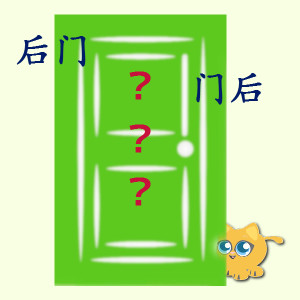


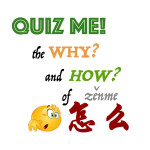
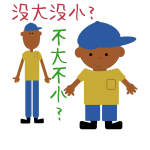
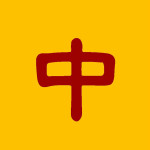

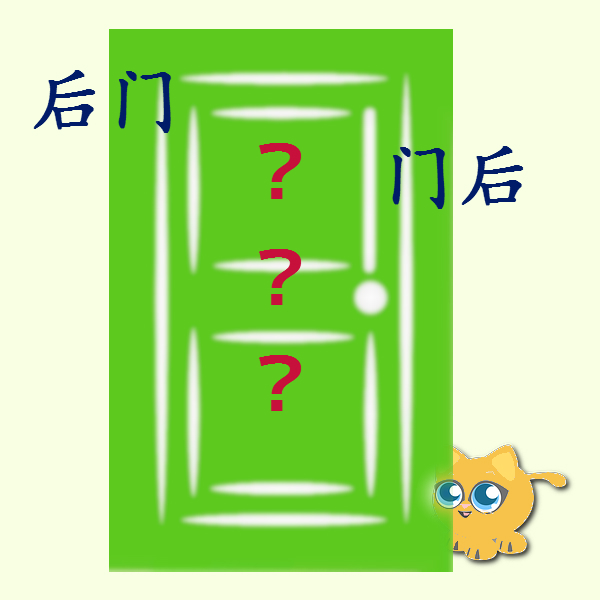



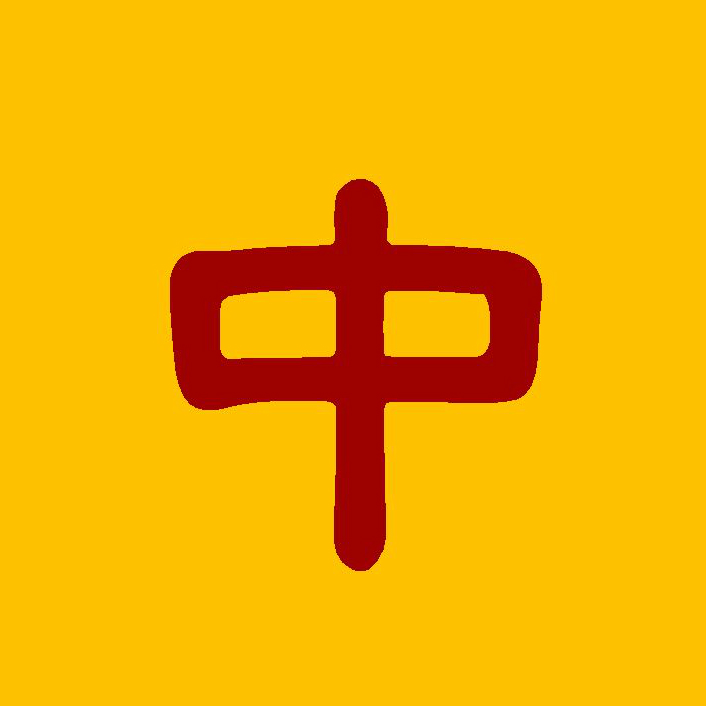
On lesson 25 Asking the way? Where is the key to the Letters A to H on map. Otherwise the map is incomplete. I thought lesson 24 and article were quite well done.
thanks
Hi Richard, thank you for dropping by! I believe you are referring to Mandarin Weekly Episode 26. The answers to Episode 26 are at the end of the video itself actually. As for the words and phrases in the video, you can find the list here: https://akikolingoland.com/en/asking-the-way/ And here is the full Mandarin Weekly playlist: https://akikolingoland.com/en/videos-mandarin-weekly/